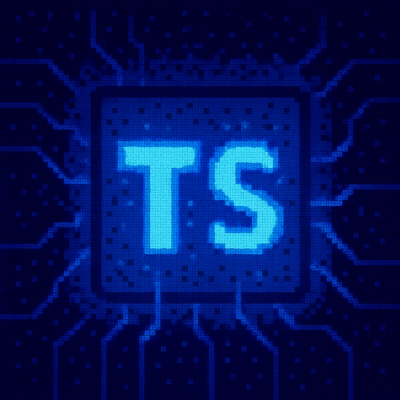
Security News
Critical Security Vulnerability in React Server Components
React disclosed a CVSS 10.0 RCE in React Server Components and is advising users to upgrade affected packages and frameworks to patched versions now.
@briebug/ngrx-smartish
Advanced tools
NgRx Smartish is a small utility library that makes creating "smartish" components in Angular a breeze. Smartish Components mixed with NgRx, provide a clean and declartive approach to building applications in Angular.
NgRx Smartish is a small utility library that makes creating "smartish" components in Angular a breeze. Smartish Components mixed with NgRx, provide a clean and declartive approach to building applications in Angular.
You can install the package using npm install @briebug/ngrx-smartish
Next you will need to import NgrxSmartishModule in app.module as well as provide store using the SMARTISH_STORE_TOKEN.
import { NgRxSmartishModule, SMARTISH_STORE_TOKEN } from '@briebug/ngrx-smartish';
imoprt { StoreModule, Store } from '@ngrx/store';
@NgModule({
imports: [
NgRxSmartishModule,
StoreModule.forRoot({...})
],
providers: [{ provide: SMARTISH_STORE_TOKEN, useClass: Store }]
})
export class AppModule {}
With NgRx Smartish you can dispatch actions directly in your Angular Component's template without the need to dispatch an @Output() EventEmitter or injecting the store. You simply need to add the ngrxDispatch directive in your template and supply it a propless action as an @Input();
const increment = createAction('[TACO COMPONENT] Increment');
const decrement = createAction('[TACO COMPONENT] Decrement');
@Component({
selector: 'app-taco',
template: `
<button type="button" [ngrxDispatch]="actions.increment">+</button>
<button type="button" [ngrxDispatch]="actions.decrement">-</button>
`
})
export class TacoComponent {
actions = { increment, decrement }
}
You can also dispatch actions with props like so:
const addTaco = createAction('[TACO COMPONENT] Add Taco', props<{ taco: Taco }>());
@Component({
selector: 'app-taco',
template: `<button type="button" [ngrxDispatch]="actions.addTaco" [ngrxProps]="{ taco: form.value }">Click Me</button>
})
export class TacoComponent {
actions = { addTaco }
form: FormGroup;
}
With NgRx Smartish you can reference NgRx Selectors directly in your Angular Component's template without the need to inject the store. You simple need to add the MemoizedSelector in your component class and reference that property with the ngrxSelector pipe in your template.
import { selectError } from 'YOUR-STORE'
@Component({
selector: 'app-error',
template: `<p>{{ selectors.selectError | ngrxSelect | async }}</p>`
})
export class ErrorComponent {
selectors = { selectError };
}
With NgRx Smartish you can reference your NgRx store directly in your Components classes (or templates) without providing the store in the constructor. It's as easy as having your component extends NgRxSmartishComponent.
@Component({
selector: 'app-tacos',
template: `<app-taco *ngFor="let taco of (tacos$ | async)" [taco]="taco></app-taco>`
})
export class TacosComponent extends NgRxSmartishComponent {
tacos$ = store.select(selectTacos);
}
Testing with NgRxSmartish is made simple with the NgRxSmartishTestingModule. Just import NgRxSmartishTestingModule into your TestBed with the forRoot() static method. You can also pass an optional MockStoreConfig inside of forRoot() to save you from having to provide provideMockStore(...) in your tests.
const config = { };
describe('YourSmartishComponent', () => {
beforeEach(async () => {
imports: [NgRxSmartishTestingModule.forRoot({ initialState: {...}})],
declarations: [YourSmartishComponent]
});
});
FAQs
NgRx Smartish is a small utility library that makes creating "smartish" components in Angular a breeze. Smartish Components mixed with NgRx, provide a clean and declartive approach to building applications in Angular.
We found that @briebug/ngrx-smartish demonstrated a not healthy version release cadence and project activity because the last version was released a year ago. It has 6 open source maintainers collaborating on the project.
Did you know?

Socket for GitHub automatically highlights issues in each pull request and monitors the health of all your open source dependencies. Discover the contents of your packages and block harmful activity before you install or update your dependencies.

Security News
React disclosed a CVSS 10.0 RCE in React Server Components and is advising users to upgrade affected packages and frameworks to patched versions now.

Research
/Security News
We spotted a wave of auto-generated “elf-*” npm packages published every two minutes from new accounts, with simple malware variants and early takedowns underway.

Security News
TypeScript 6.0 will be the last JavaScript-based major release, as the project shifts to the TypeScript 7 native toolchain with major build speedups.